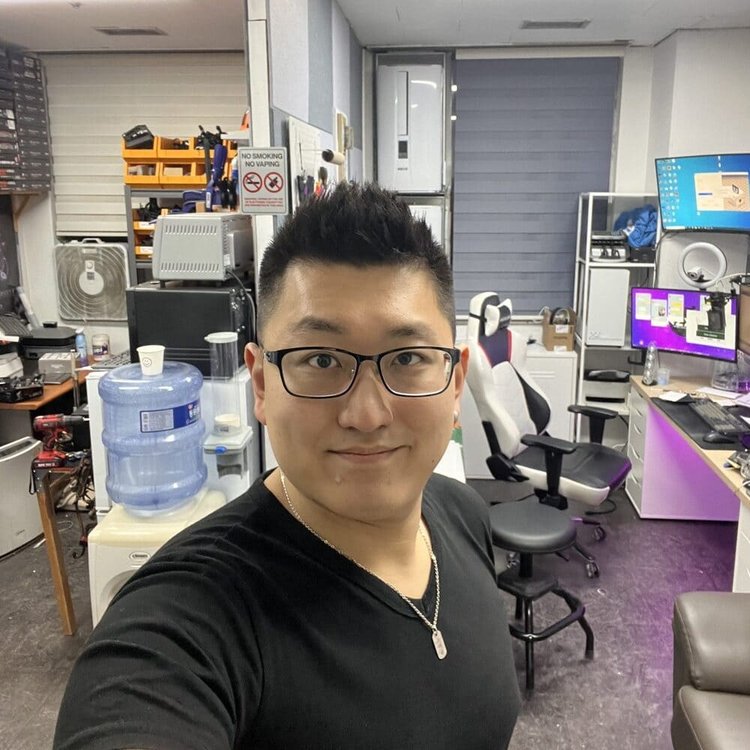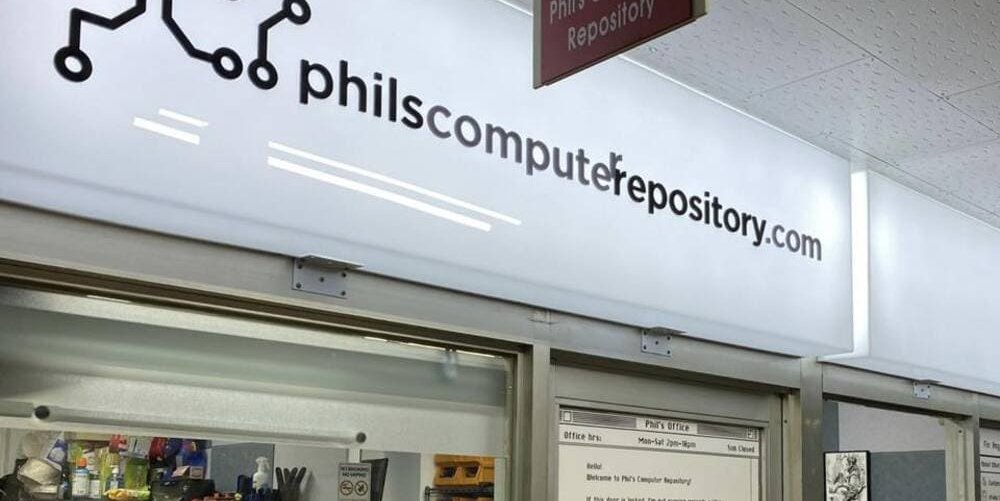Starting a Business in Korea as an Expat
Phil’s journey to establishing Phil's Computer Repository began out of a need to support his young family while studying in Korea. “I originally came to Korea as an international transfer student at the age of 20. At 21, I was going to be a father and needed to find ways to make money while studying. My partner at the time was a daycare teacher who didn’t make much, so I remember having to transfer small amounts from different bank accounts just to buy my son a carton of milk to bring to daycare,” he recalls. Facing financial hardships, he leaned on his tech skills and marketed himself as an English-speaking computer repair service.
The early business model was challenging but memorable. “I would meet customers who predominantly needed computer repairs at their closest subway station. I’d take the computer back to my home on the subway, repair it, and schedule a drop-off time at the same subway station,” he shares. “I remember how excited I was to make 30,000 for a repair, even if it meant spending 2 hours on the subway.”
Challenges of Starting a Business in Korea as an Expat
Compared to other expats starting businesses in Korea, Phil had the advantage of an F6 marriage visa, allowing him to operate legally without visa restrictions. However, building his business presented unique challenges, from finding reliable suppliers to understanding Korea’s complex tax and licensing systems. “It was tough learning about the responsibilities of running a licensed business in Korea. I had to hire an accountant to educate me on how to report expenses and what qualified for deductions,” he notes.
Establishing connections with suppliers was another key milestone. “Since my business originally started as a repair service from my small room, I didn’t need a large inventory. I made fantastic connections, and some suppliers have been with me for 10 years.”
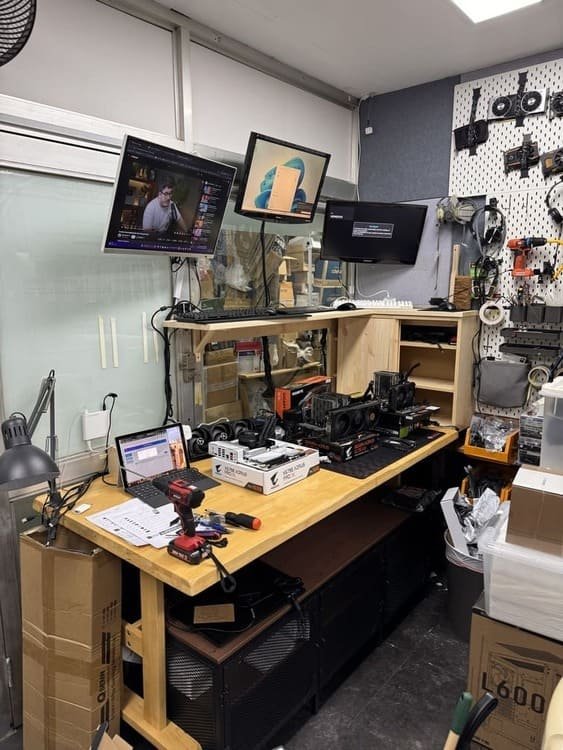
Expat Tech Support in Korea: Finding His Niche
Phil identified a need for a tech business that could serve Seoul’s English-speaking community after two significant experiences. The first occurred when he brought his own computer to a local repair shop. “It was quickly apparent that I knew more than they did. My partner at the time chimed in, saying the professional knew better, and I took that as a challenge,” he recalls. Another time, he helped an expat who wanted guidance on maintaining her computer’s health. “I remember working on her computer while she wrote everything down on a yellow notepad. That’s when I realized that what was easy for me wasn’t for everyone else.”
Growth of his Computer Repair Service in Seoul
Phil’s approach to customer service reflects a defining experience with a Korean repair shop, where he felt undervalued and ignored. “I treat customers in the way I would have liked to be treated back then. I also rejected the idea of a ‘Foreigner Tax,’ where businesses in English would cost more because of the ‘English premium.’ My prices are competitive with reputable Korean businesses for each service.”
Over time, demand grew, and an office space at Yongsan Electronics Market became a turning point. “A business owner offered me half his office space, saving me from continuously going back home to work. I look at that move almost like an apprenticeship, allowing me to observe how Korean businesses operate.”
Phil attributes his success to genuine passion. “I love working with computers. Every issue is a new mystery to solve, and I constantly learn. I believe that’s been key to my growth.”
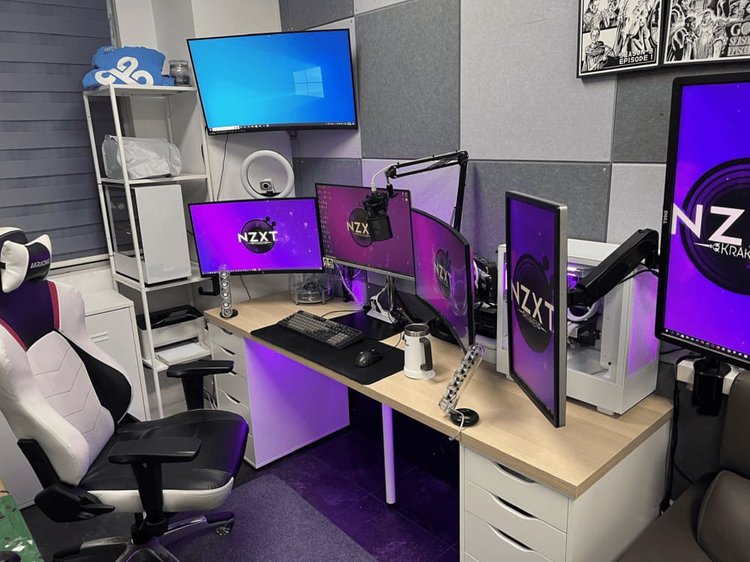
Impact on Seoul's Expat Community
One of Phil’s strengths is his rapport with customers, with whom he often shares meaningful interactions. “After 10 years and over 10,000 customers, it’s hard to rank experiences, but a recent one stands out,” he shares. A young English teacher struggling financially visited his shop with a broken MacBook. “She looked miserable, and after diagnosing her issue, I asked if she was okay. She explained that she hadn’t slept all weekend because of a dog-sitting job that paid just 60,000 won.”
Phil determined her laptop’s DC charging jack was defective and repaired it on the spot, free of charge. “I would have felt really bad charging her 60,000, so I said it was on the house. We had a good laugh, and I gave her my umbrella since it was raining.” Moments like these underscore his impact on the expat community, which he describes as a “pivotal role in providing tech support to English speakers in Seoul.”
Keeping Up with Tech Trends
In the past decade, Phil’s offerings have evolved alongside technology. “When I first started, most customers needed hard drive replacements since laptops had spinning mechanical drives. Now, all new laptops come with SSDs, and I see fewer hard drive failures,” he explains. However, the new ultra-slim laptop designs come with drawbacks: “They’re more delicate, and I get a lot of hinge repair requests now.”
Phil has also noticed a shift in customer retention. “Customers are using their computers longer, which affects my used computer sales because by the time they’re ready to sell, their devices are often too outdated for resale under my business name.”
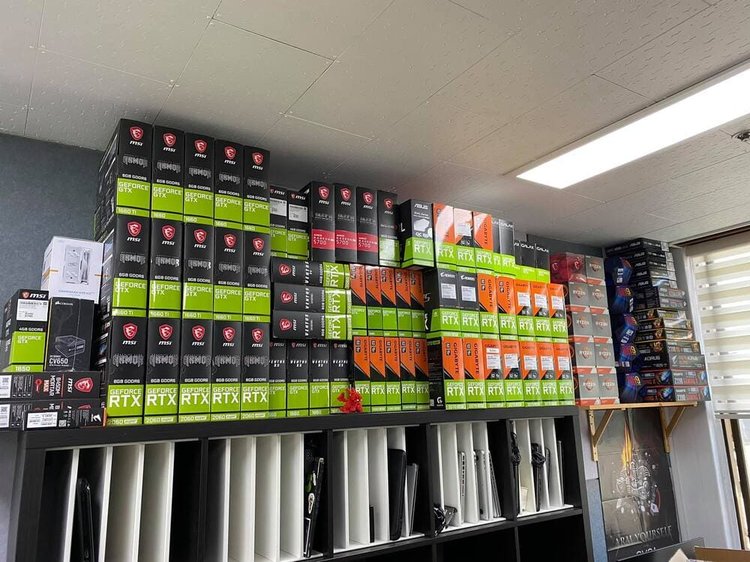
Future Vision: The Expat Community Computer Guy
For Phil, scaling up isn’t a priority. “A lot of startups aim to expand just for the sake of growth, often inspired by the ‘Chaebol’ image here in Korea. But I’m perfectly content to be the ‘expat community computer guy,’” he explains. With over 10,000 customers served, Phil values quality over quantity and plans to continue as a solo operator, only hiring extra staff if the workload demands it.
Staying current with tech trends is essential for his work. “I keep up with tech news through subreddits and YouTube to provide up-to-date advice to my customers. For instance, Intel processors have issues due to design, so I recommend AMD gaming desktops.”
Advice for Expat Entrepreneurs in Korea
To expats considering entrepreneurship in Korea, Phil advises thorough research and introspection. “Think about why you’d want to start a business here versus elsewhere. Understand the landscape before investing time and money,” he says. “Identify a need and have a game plan to be the best at fulfilling it.”
Reflecting on his journey, Phil has no regrets. “There’s nothing I would have done differently. I’m extremely proud of the determination that laid the foundation for my business.” He credits pivotal relationships with customers for the growth and development of his business. “For example, my current business card wouldn’t exist if it weren’t for a graphic designer who needed his Apple computer repaired.”
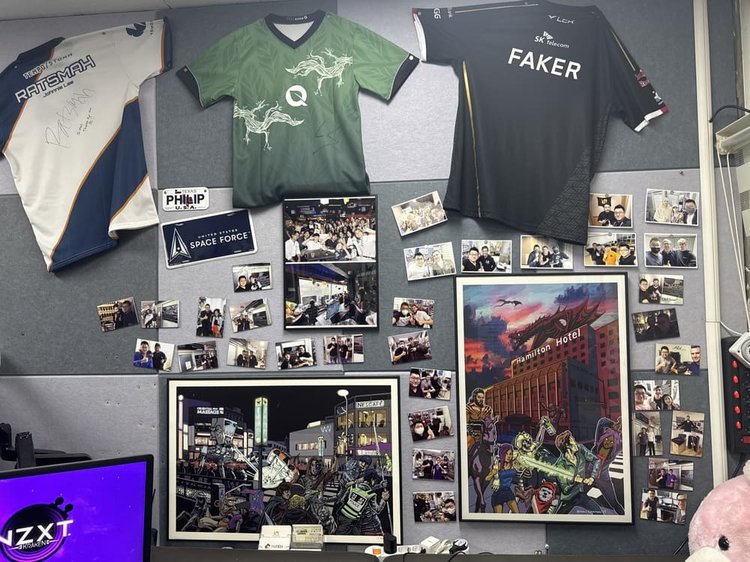
Balancing Work and Life
Running a startup business, Phil explains, often leaves little room for a work-life balance. “Startup businesses typically don’t have a work-life balance. Business owners don’t receive a salary, so it’s common to spend your entire life nurturing your business. In my case, I worked 80-120 hours, which affected my personal life. Unfortunately, that meant I wasn’t home to take care of my kids as much as I would have liked, but I told myself it was worth it because I was providing for them and didn’t have to transfer money from multiple bank accounts just to afford a small carton of milk for my child.”
He recalls the toll it took on him and his family, especially during one particularly intense month. “I had the most orders ever; I stayed in my office all month, including weekends, and only went home four times,” he shares, capturing the exhausting reality many startup founders face.
Now in his 30s, Phil has a new outlook and, with the support of his new partner, has finally found balance. “After many years running the business, I realized I no longer needed to work as if every day was a fight for survival. I no longer pull all-nighters, and I make sure to go home every night. I’ve even reduced my working hours on weekends.”
A Message to the Expat Community
Phil expresses deep gratitude to the community that supported him from the beginning. “I’m extremely thankful to my customers. It’s because of them I was able to support my family, and I’m proud of my impact on the expat community. I don’t plan on going anywhere and aim to keep providing the quality service I’m known for.”
Through dedication, genuine passion, and a commitment to helping others, Phil has become a trusted figure in Seoul’s expat community, bridging language and tech barriers for those in need of support.
Store Info
Office Hours:
Monday to Thursday: 2 PM – 10 PM
Friday: 1 PM – 8 PM
Saturday: 1 PM – 7 PM
Sunday: Closed
